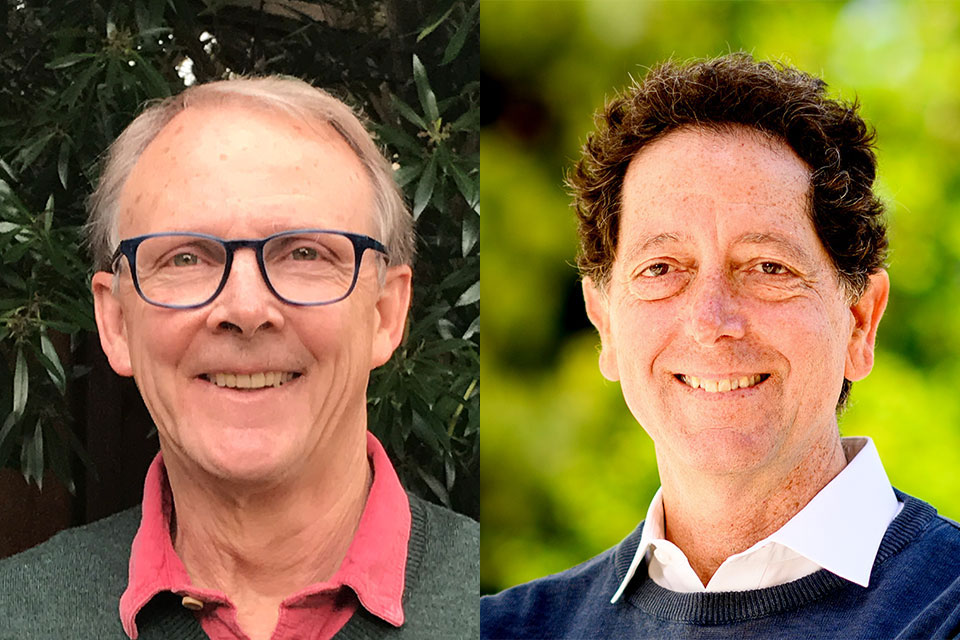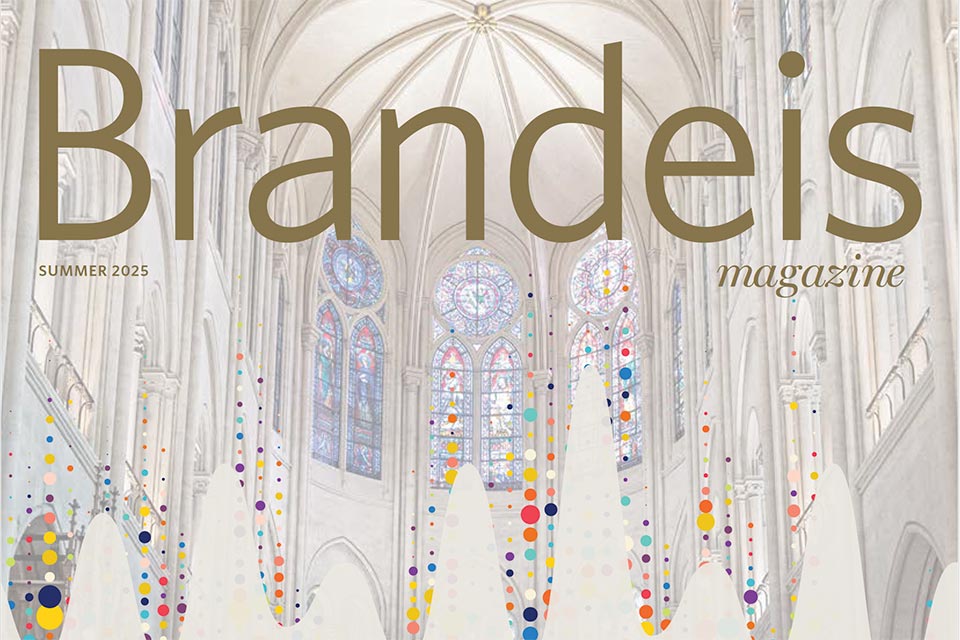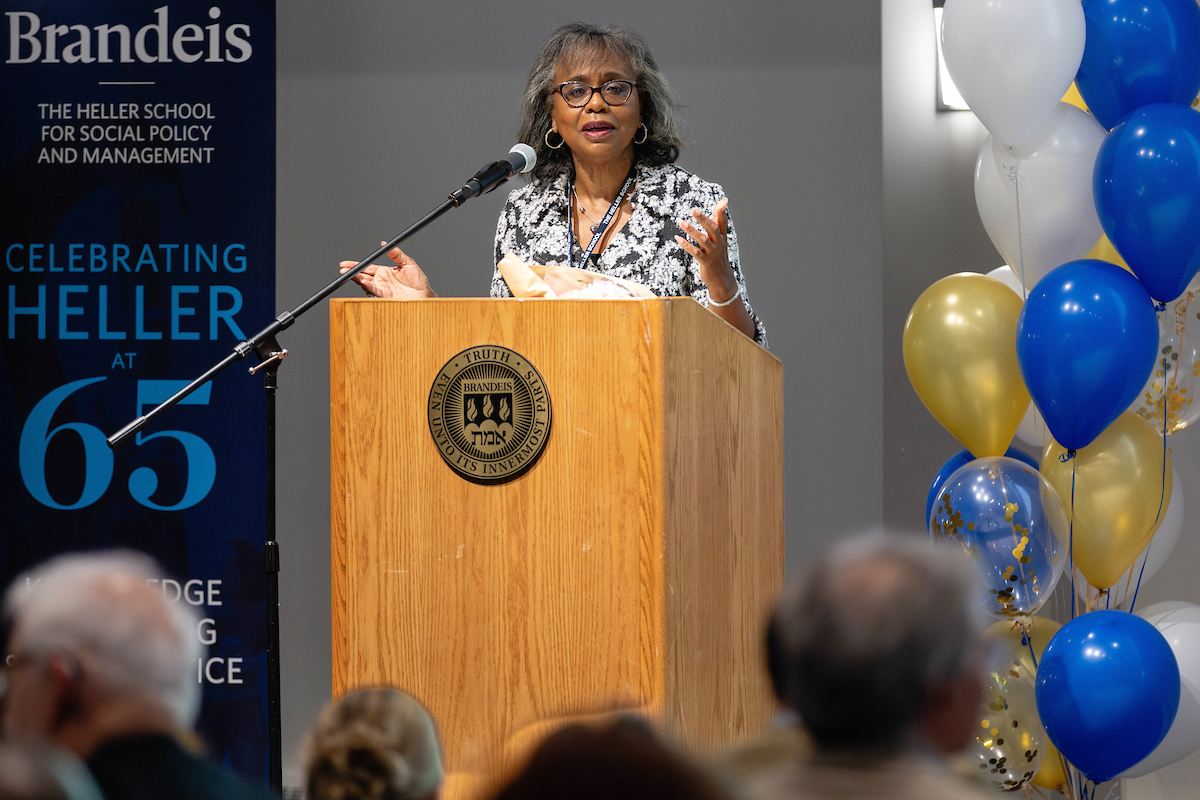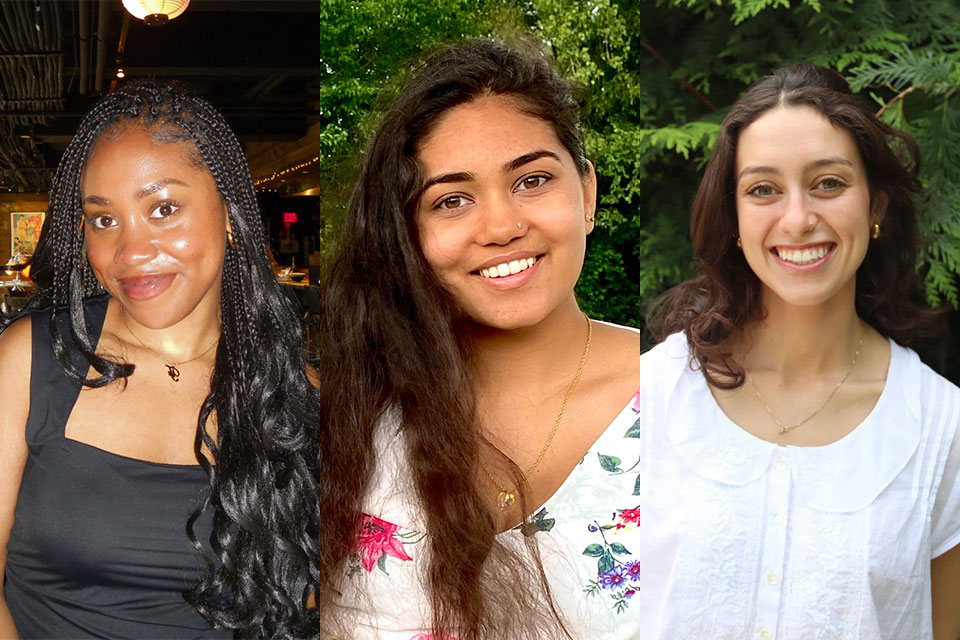Dr. Jim Wells and Dr. Kevan Shokat receive the 2025 Gabbay Award in Biotechnology and Medicine
Pioneering researchers are honored for groundbreaking work in cancer drug discovery that has transformed treatment for previously "undruggable" diseases.

June 17, 2025
Brandeis University has named University of California, San Francisco (USCF) professors James A. Wells and Kevan M. Shokat as the 2025 recipients of the Jacob and Louise Gabbay Award in Biotechnology and Medicine.
The award is being presented for the pair’s groundbreaking work in cancer drug discovery, an effort that has led to new therapies for diseases once thought impossible to treat.
Wells, a professor in the Departments of Pharmaceutical Sciences and Cellular and Molecular Pharmacology at UCSF, has spent four decades developing new strategies for drug discovery in both biotech and academia. His work has led to multiple FDA-approved drugs, including pegvisomant, which treats a hormonal growth disorder; and bevacizumab (Avastin), which treats a variety of cancers. At UCSF, Wells also founded centers that currently engineer new antibodies — immune system proteins that can be designed to fight disease — and other proteins. Wells has also developed many widely used biochemical tools, including “tethering”, a clever method to identify hidden drug binding sites. This technology enabled Shokat’s discovery of KRAS inhibitors.
Shokat, a professor in the Department of Cellular and Molecular Pharmacology at UCSF, Department of Chemistry at UC Berkeley and an Investigator with the Howard Hughes Medical Institute, has long collaborated with Wells. Using Wells’ tethering tools, he developed drugs to target mutant KRAS, a protein that drives cancer growth and had resisted all drug development efforts for nearly four decades. Mutant KRAS is found in up to 25% of all cancers and is associated with particularly poor patient outcomes.
Shokat's work revealed previously unsuspected pockets on the surface of the KRAS protein where drugs can grab hold, stopping the protein from functioning. This discovery led directly to the development of sotorasib (Lumakras), the first FDA-approved drug targeting certain KRAS mutations, providing new hope for thousands of lung cancer patients who previously had no targeted treatment options.
The impact of these researchers’ combined work extends far beyond individual drug discoveries. Wells' protein engineering technologies have been adopted by biotechnology companies worldwide, while discovery platforms developed by Shokat have opened new avenues for targeting previously undruggable proteins. The two researchers have collectively founded more than a dozen biotechnology companies that continue to develop innovative therapeutics.
The technologies developed by both scientists are now in clinical trials for a wide variety of cancers and other diseases. Wells' antibody engineering platforms are being used to develop treatments for autoimmune diseases and cancer, while Shokat's approaches have enabled the discovery of multiple drug candidates targeting different KRAS mutations and other challenging cancer-causing proteins.
"It’s impossible to overstate the impact of this work. RAS inhibitors were long considered the Holy Grail in cancer treatment" said Lizbeth Hedstrom, professor of biology and chemistry at Brandeis, and chair of the Gabbay Award committee. "We are grateful to the Gabbay Foundation for entrusting Brandeis with the award and giving us the opportunity to recognize these amazing scientists.”
The Gabbay Award is given annually to scientists whose work exhibits outstanding scientific content and significant practical applications in the biomedical sciences. It consists of a $15,000 cash prize and a medallion.
Established in 1998 as the Jacob Heskel Gabbay Award in Biotechnology and Medicine, it was renamed the Jacob and Louise Gabbay Award in Biotechnology and Medicine in 2016 to honor the instrumental role of Louise Gabbay in its founding. The award is administered by Brandeis University.
Wells and Shokat will give public lectures on their research in the fall at Brandeis University in Waltham, Massachusetts.


